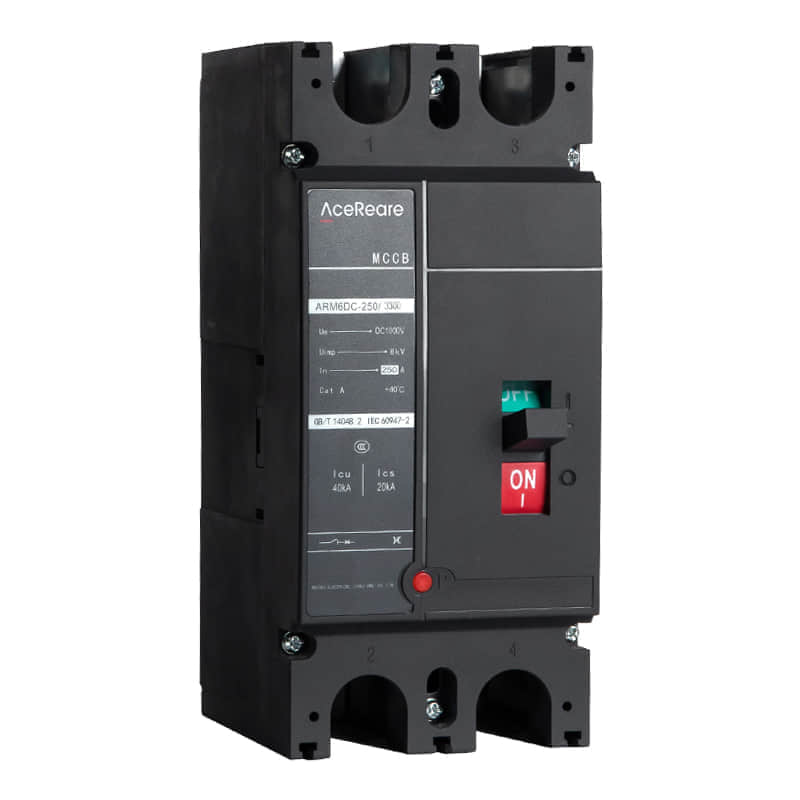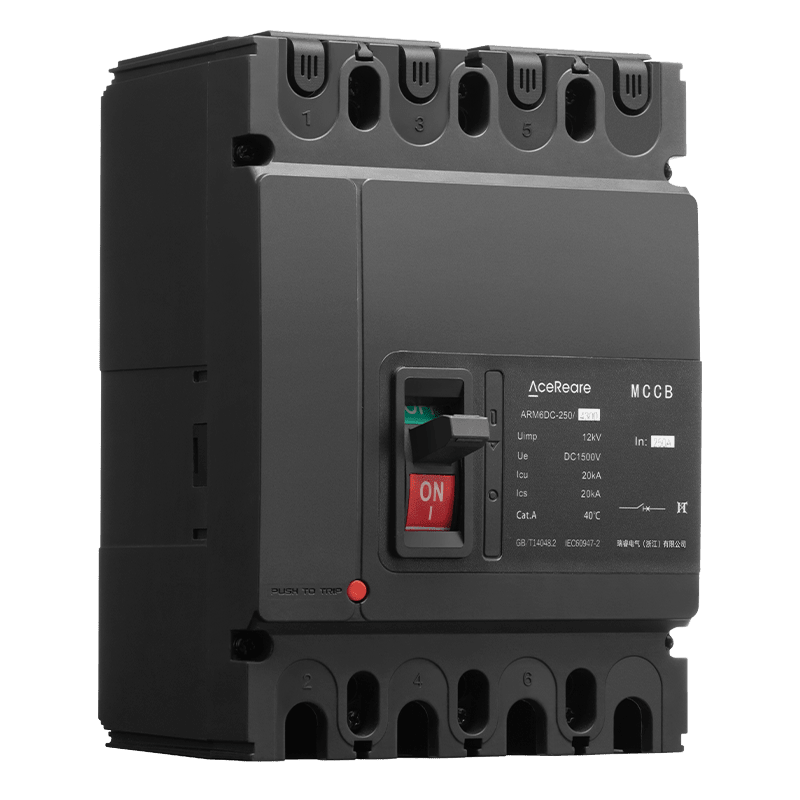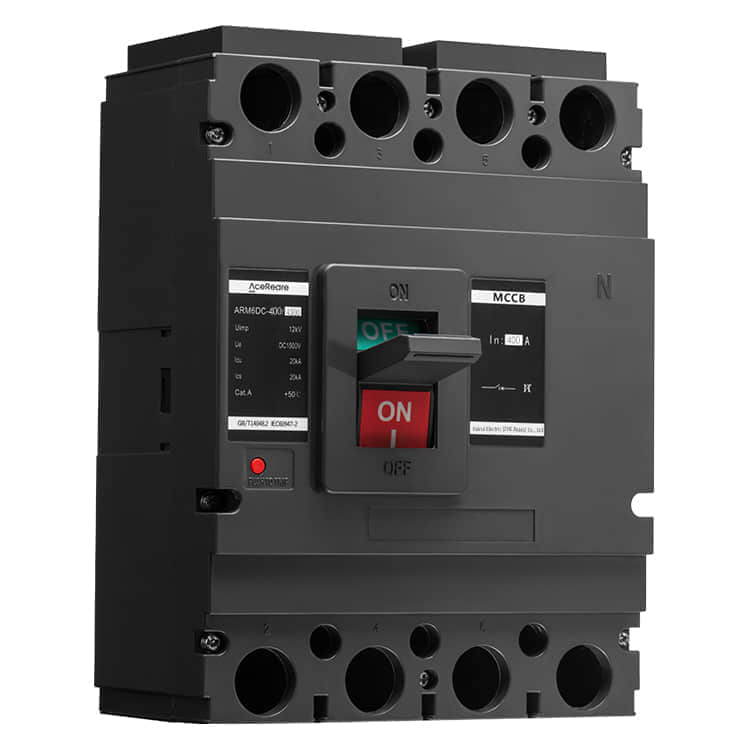In the pursuit of sustainable energy solutions, photovoltaic technology has emerged as a frontrunner, harnessing the power of the sun to generate electricity. A crucial component in the safety and efficiency of photovoltaic systems is the Photovoltaic Molded Case Circuit Breaker (MCCB). This article delves into the significance of MCCBs in photovoltaic systems and sheds light on the manufacturers behind these vital devices.

The Role of Photovoltaic MCCBs

Photovoltaic MCCBs play a pivotal role in ensuring the safety and reliability of solar power installations. These devices are designed to protect the electrical components of photovoltaic systems from overcurrent and short-circuit faults, thereby preventing damage to the equipment and minimizing the risk of fires. By swiftly interrupting faulty currents, MCCBs act as the guardians of the photovoltaic systems, allowing them to function optimally and endure the challenges posed by changing weather conditions and electrical fluctuations. Functionality and Design MCCBs are engineered with precision to accommodate the unique demands of photovoltaic installations. They are capable of handling both direct and alternating currents, making them adaptable to the characteristics of solar panels and inverters. The design incorporates thermal and magnetic trip mechanisms that enable quick response times, ensuring that abnormal current flows are promptly halted. Additionally, these breakers are built to withstand the outdoor environment, equipped with robust casings to shield them from moisture, UV radiation, and temperature variations. Manufacturers’ Innovation and Expertise Behind the scenes, manufacturers of Photovoltaic MCCBs play a critical role in shaping the efficiency and safety standards of solar power systems. These companies combine technological innovation with a deep understanding of electrical engineering principles to create MCCBs that meet the specific requirements of photovoltaic applications. Manufacturers continually strive to enhance MCCB designs, incorporating advanced materials that enhance durability and performance. As photovoltaic technology advances, so do the demands placed on these breakers. Manufacturers must keep pace with evolving solar panel technologies, ensuring that their MCCBs can handle higher currents and voltages while maintaining reliability. Quality Control and Certifications Given the importance of safety in electrical systems, Photovoltaic MCCBs must undergo rigorous testing and certification procedures. Reputable manufacturers adhere to international standards and regulations, subjecting their products to thorough quality control checks. Certifications from recognized organizations validate the performance and reliability of these breakers, instilling confidence in installers and system operators. Supporting Sustainable Energy Manufacturers of Photovoltaic MCCBs contribute significantly to the broader goal of sustainable energy adoption. By producing devices that safeguard solar power installations, these manufacturers indirectly promote the growth of renewable energy sources. As photovoltaic systems become more prevalent in residential, commercial, and industrial settings, the role of MCCB manufacturers becomes increasingly vital. Conclusion In the journey towards a greener and more sustainable future, photovoltaic technology stands as a beacon of hope. The unsung heroes in this narrative are the manufacturers of Photovoltaic MCCBs, whose dedication to safety and innovation ensures the smooth functioning of solar power systems worldwide. As technology advances and the world embraces renewable energy alternatives, these manufacturers continue to evolve, illuminating the path towards a brighter tomorrow.
